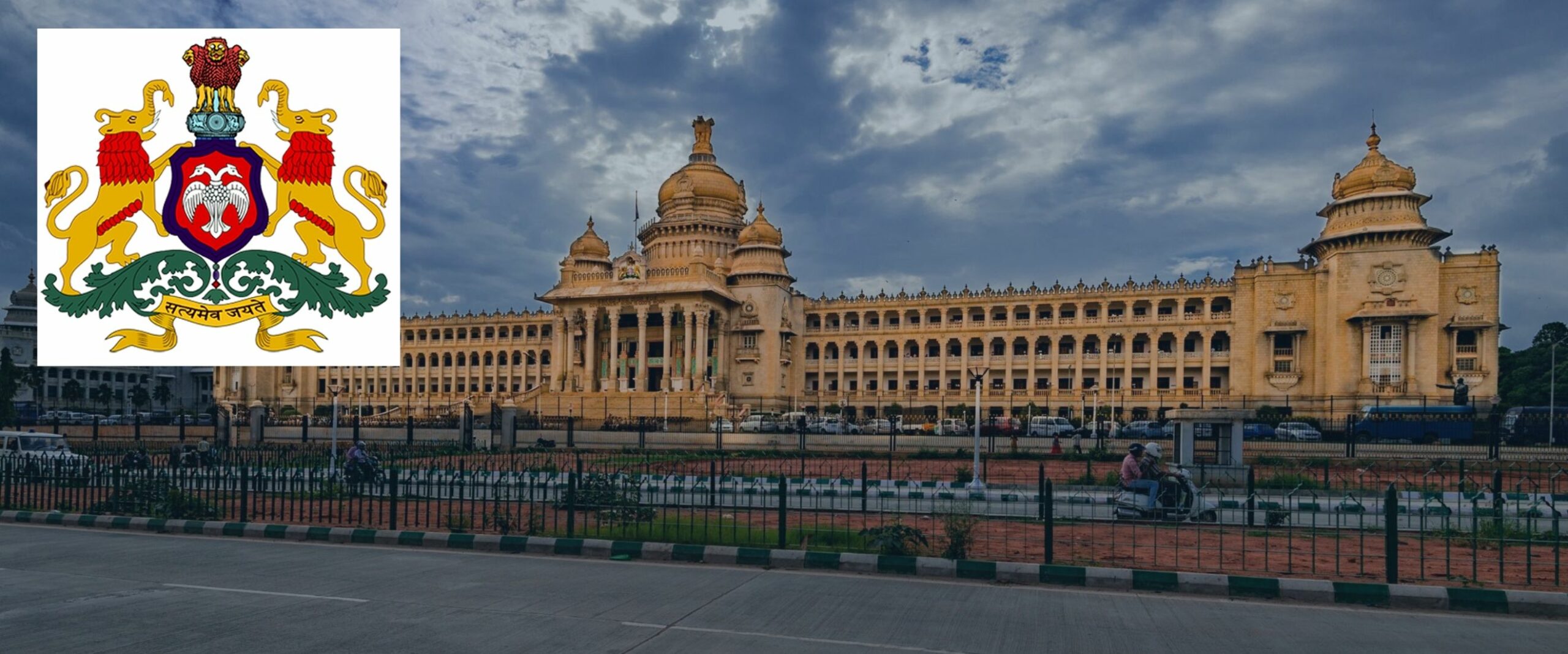Analysis
Karnataka Government Order on Dress Code for Students (Translated to English)
Translation of the Government Order instructing College Development Committees to ban hijabs in educational institutions.

Karnataka Government Proceedings
Subject: Regarding the Dress Code of students of all schools and colleges in the state
Reference:
1) Karnataka Education Act, 1983
2) Government Circular No. 509 SHH 2013, dated 31.01.2014
Order:
As per Section 7(2)(v) of the Karnataka Education Act, 1983 (as mentioned in Reference 1) students of all educational institutions shall behave as one family, without restricting themselves to one class of persons, jointly maintain and uphold public order. Under Section 133 of the Act, the government reserves the right to issue appropriate directions to schools and colleges to ensure maintenance of public order.
As per the Circular mentioned in Reference 2, Pre-University education is an important stage in students’ lives. As per the Circular, Development Committees of all schools and colleges have been created to make proper use of government grants, improve basic infrastructure and facilities, and maintain the quality of education. Schools and colleges are directed to operate as per the decisions of the development committees.
Any supervisory committees (in government schools and colleges— School Development and Monitoring Committee or SDMC; in private schools and colleges— Parent Teacher Association and the management of that institution) may create policies/rules/codes of conduct in accordance with government rules, to facilitate a smooth functioning atmosphere for the students. The decisions of the committees will be applicable to their respective institutions.
All schools and colleges have adopted methods to allow all students to participate in uniform learning programs. However, it has come to the notice of the Department of Education that in some institutions, students are following practises as per their religion, which is adversely affecting equality in such schools and colleges.
The following decisions of the Supreme Court and various High Courts arise from pleas for uniform dress codes instead of personal dress codes.
1. On 4.12.2018, the Kerala High Court in W.P(C) No. 35293/2018 paragraph 9 explained the decision of the Supreme Court as stated below:
“9. The Apex Court in Asha Renjan & ors v State of Bihar & Ors [(2017) 4 SCC 397] accepted the balance test when competing rights are involved and has taken a view that individual interest must yield to larger public interest. Thus, conflict over competing rights can be resolved not by negating individual rights, but by upholding larger rights to remain, to hold such relationships between institution and students.”
2. In Fathima Hussain Sayed v Bharat Education Society & Ors (AIR 2003 BOM 75) a similar issue pertaining to dress codes arose in Karthik English School, Mumbai. After investigating the issue, the Bombay High Court held that the petitioner’s (school Principal’s) restriction on wearing a headscarf or covering one’s head is not violative of Article 25 of the Constitution.
3. In accordance with the Supreme Court decision in Asha Renjan, the Madras High Court in Kamalam v Dr. M.G.R Medical University, Tamilnadu & Ors upheld the dress code issued by the university. In Sir M.Venkata Subba Rao Matriculation Higher Secondary School Staff Association v Sir M.Venkata Subba Rao Matriculation Higher Secondary School (2004) 2 MLJ 653 the Madras High Court decided on a similar matter, allowing the restriction.
As the Supreme Court and various High Courts have held that restricting students from coming to school wearing head scarfs or head covering is not in violation of Article 25 of the Constitution, and after carefully examining the rules under Karnataka Education Act 1983, the government issues the following Order:
In exercise of the powers conferred under Section 133(2) of the Karnataka Education Act, 1983, we direct students of all government schools to wear the uniform fixed by the state. Students of private schools may wear uniforms prescribed by the management committees of the school.
In colleges that fall under the Karnataka Board of Pre-University Education, dress code prescribed by the College Development Committee or the administrative supervisory committee must be followed. If the administration does not fix a dress code, clothes that do not threaten equality, unity, and public order must be worn.
As per the instructions and on behalf of Governor of Karnataka,
Under Secretary to the Government
Department of Education (Pre-university)
